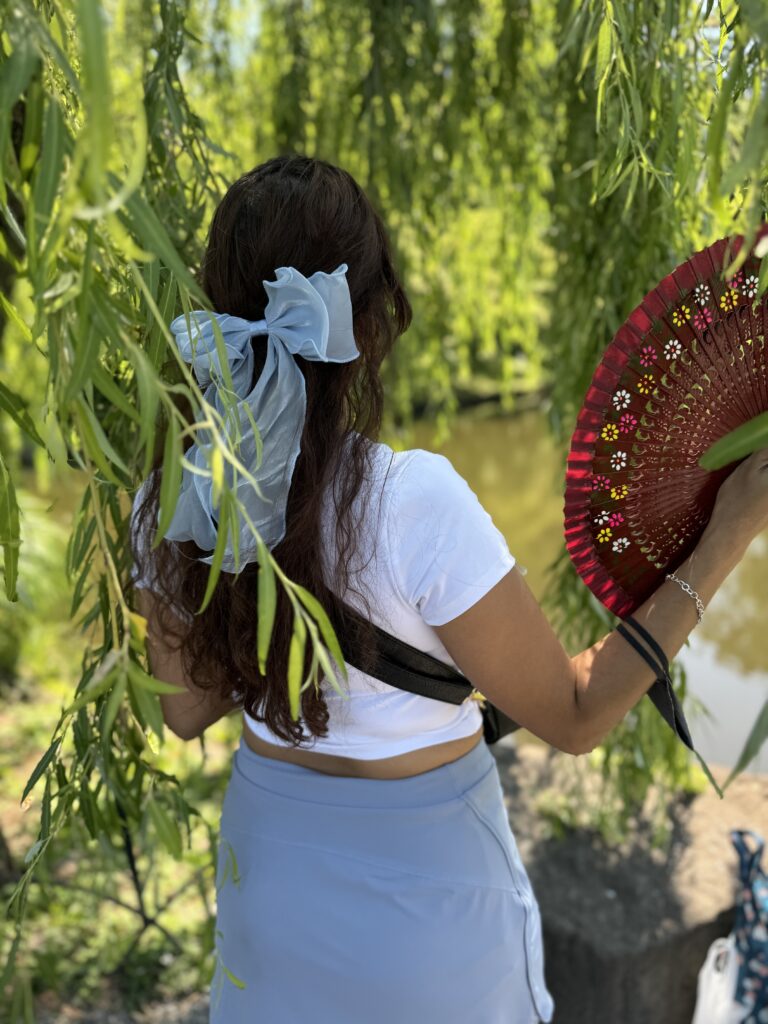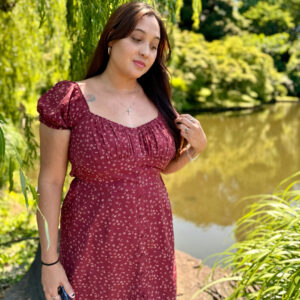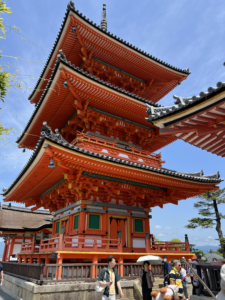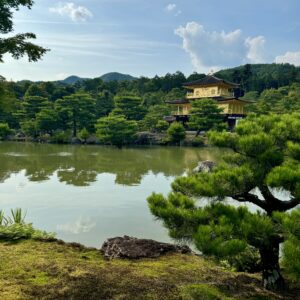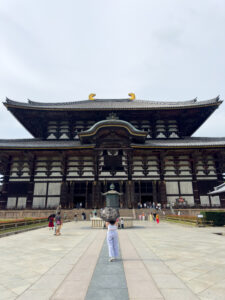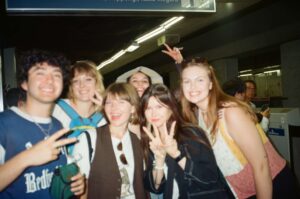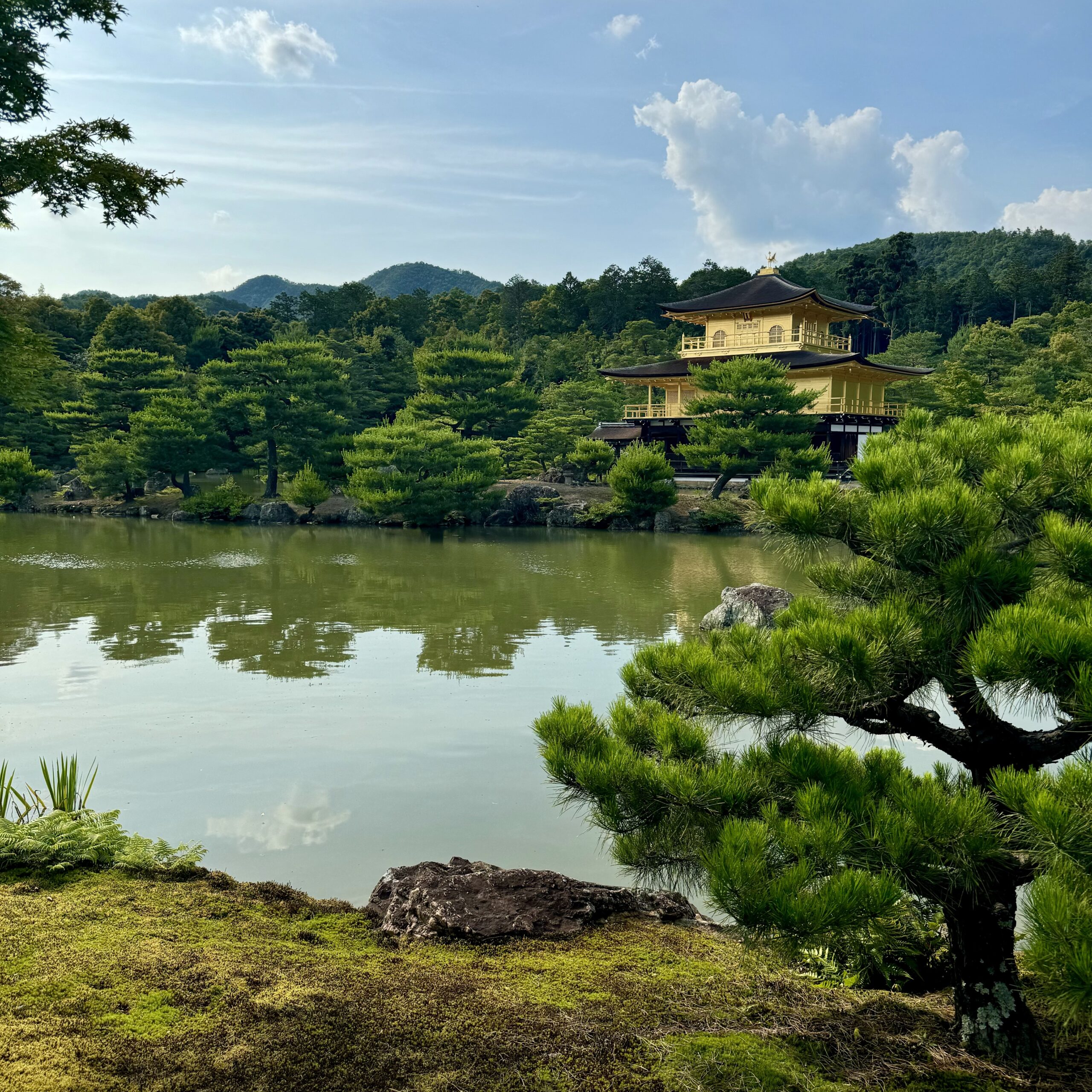
“Travel changes you. As you move through this life and this world, you change things slightly; you leave marks behind, however small. And in return, life — and travel — leaves marks on you.” – Anthony Bourdain.
Growing up, Anthony Bourdain was my role model, and as he said, he left a mark on me. When he said traveling changes you, I could not fully grasp this abstract concept without experiencing it for myself.
As a child, financial insecurity limited our traveling experiences. I found an escape through reading and watching travel and cooking shows, which introduced me to Bourdain. Through these mediums, I experienced the world. I knew, however, that I wanted to see the world for myself one day.
Although I have traveled throughout the States as an adult and have had incredible experiences, my dream of traveling abroad had yet to come to fruition. So, when I heard about the opportunity to participate in an Education Abroad program, I knew that no matter what, I was going to make it happen. I planned for it a year in advance, saving money and ensuring I had enough elective credits to participate. Things worked out in my favor, and I was accepted into the SJMC Japan program.
My experience was nothing short of transformative on numerous levels – professionally, mentally, emotionally, physically and spiritually.
As a graduate assistant managing content and mentoring undergraduate students, my role was challenging yet rewarding. The long nights helping students edit their blog posts and the daily social media content review helped me develop skills I didn’t think I’d ever need. I’d never imagined being in this position, and I am grateful for the opportunity. The intense review process made me a better writer and content creator. I was conscious of errors in my writing and the content creation process because of this experience. Reflecting on this aspect of the trip has made me realize despite the difficulties, it was a worthwhile experience. I also developed a new appreciation for everything professors do and the work it takes to review students’ work, sometimes late into the night.
My role as a managing editor was just one experience that facilitated my professional growth. Our visits to the Wall Street Journal, Unseen Japan and the Kyoto Shimbun provided a comprehensive media experience I would have otherwise never experienced. The chance to visit these prestigious institutions enhanced my understanding of Japanese media and the media landscape as a whole.
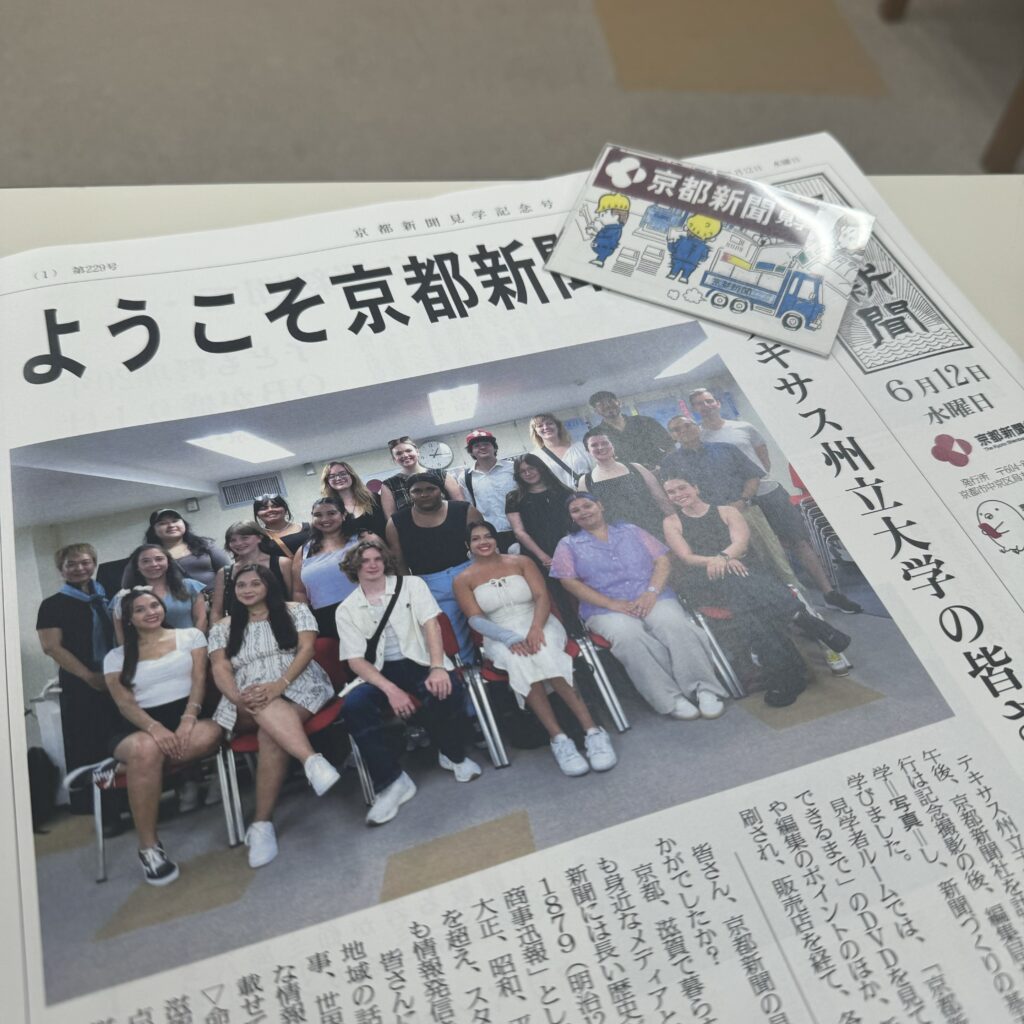
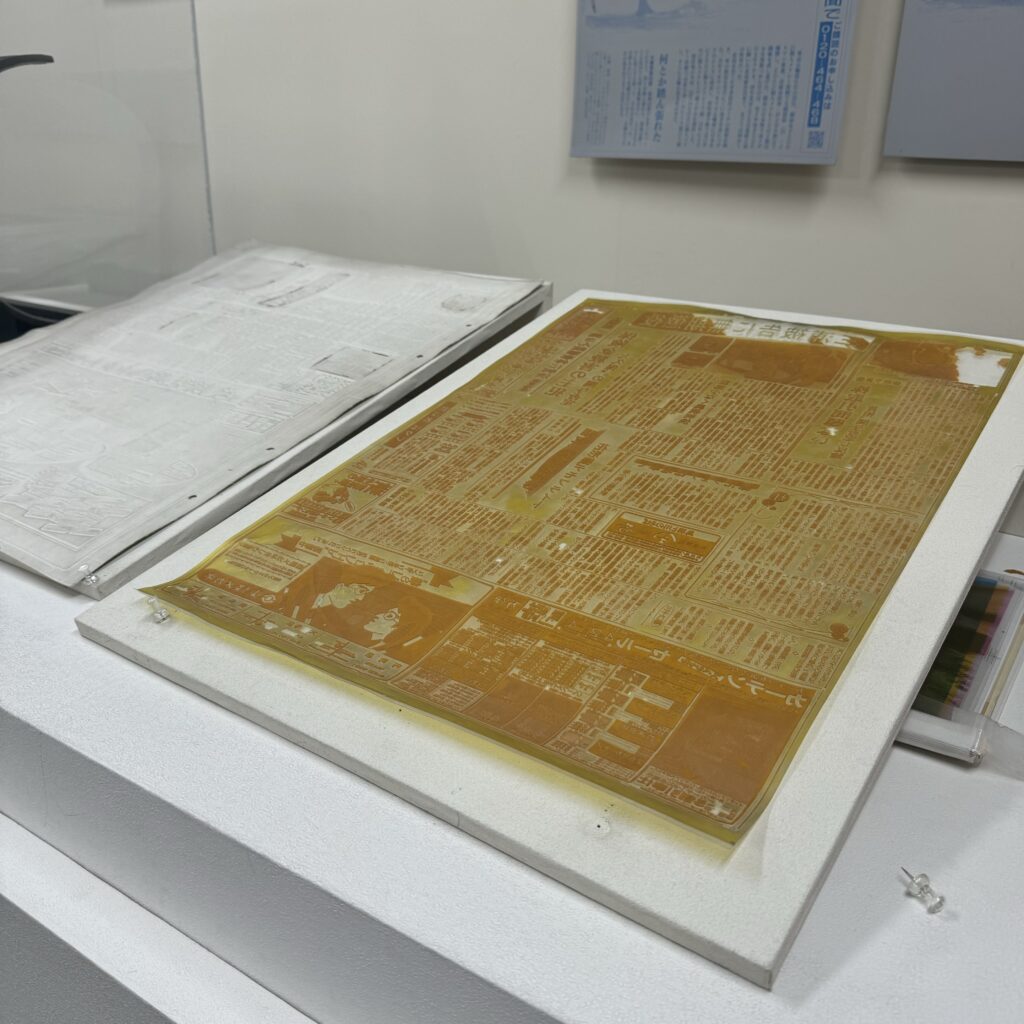
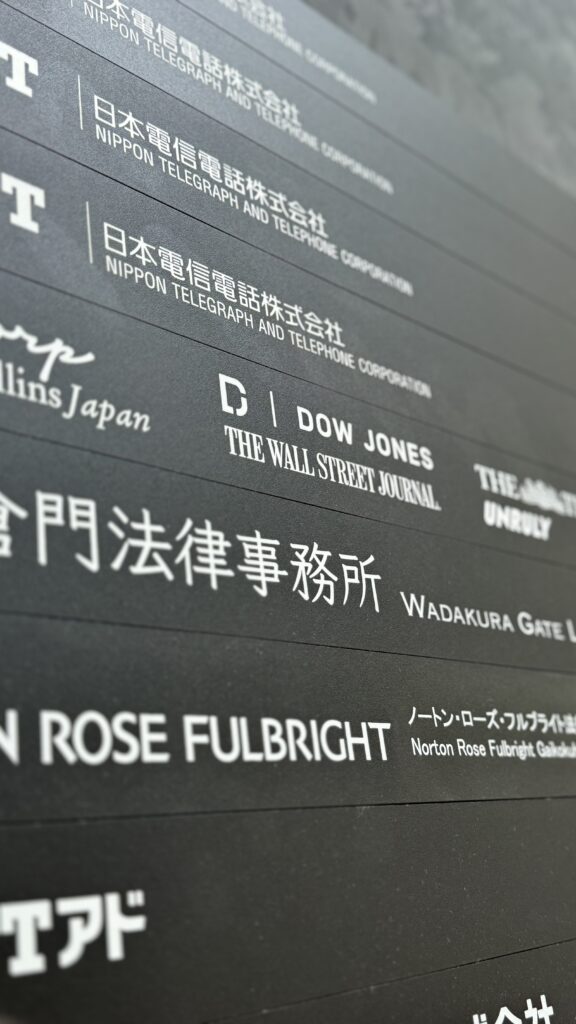
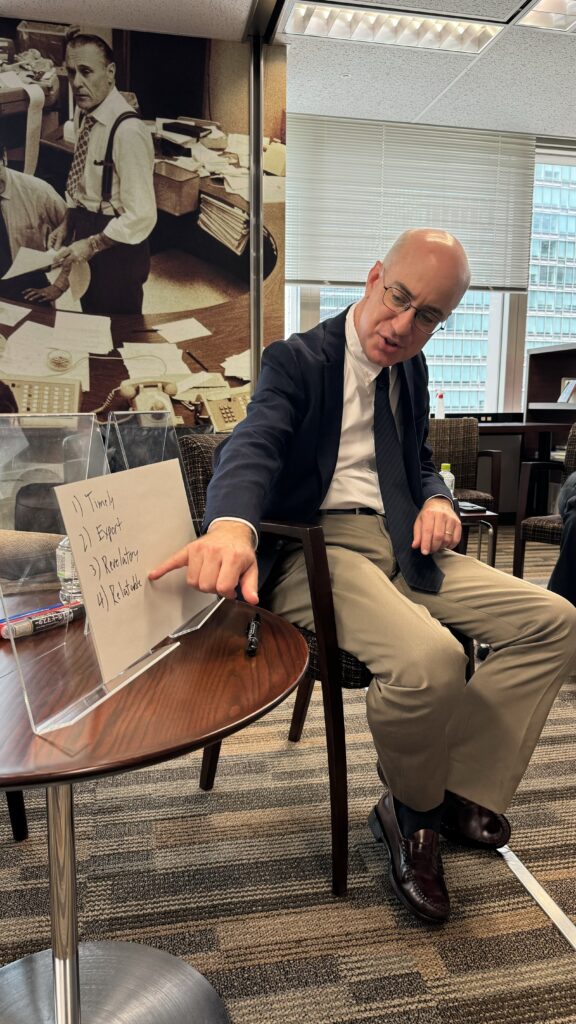
Interacting with the WSJ Tokyo Bureau Chief Peter Landers to create social media content and write a feature story was a pivotal moment. I have always idolized journalists like Landers, and having the chance to sit in on a Q&A session with him was beyond anything I could have imagined. It brings up a memory from my childhood. As a kid, I would lay under my mom and dad’s bed, writing everything they said in a notebook. The little girl in me who used to fill notebooks with what seemed like nonsense at the time would be so proud to know she’d be writing a story about her experience at the Wall Street Journal.
Visiting the Kyoto Shimbun, one of Japan’s oldest print media companies, elevated my Education Abroad experience and deepened my appreciation of traditional media such as newspapers. I’ve always been heavily influenced by digital innovations — I’m a product of my generation — but I realized how vital print journalism is. As I wrote in a feature story about the newspaper, during the 2011 Fukushima earthquake, “widespread electrical outages shut down electronic media, forcing people to rely on the Kyoto Shimbun for critical life-and-death information.” While digital media has its advantages, it can fall short during crises. In such times, print journalism has proved to be a reliable news source and essential for the public during these emergencies, particularly for those impacted.
Our visit to Rikkyo University contributed to my cultural and social growth. I can be reserved when meeting new people and developing new relationships. I wasn’t always like this. I considered myself a social butterfly, but the 2019 coronavirus pandemic psychologically impacted me socially, and I found it difficult to break out of my shell. The sense of peace I found being alone grew into a small level of social isolation. Socially, many people have been affected, and my experience is simply a microcosm of a much larger issue in a post-pandemic world. This sense of social isolation and challenges in building new relationships influenced my choice to go to graduate school. Although it helped me become more social, developing relationships with new people took me a while.
The visit to Rikkyo University, where I was primarily focused on shooting content for social media, helped make speaking to people more comfortable. During the process, I was genuinely connecting with students. I wasn’t just putting on a facade; I really felt myself open up to the Rikkyo University students. Culturally, it was an exciting experience. Comparing our way of life, curriculum and food offerings in university cafés was an illuminating experience. Engaging with university students from another country was a completely new experience that will leave a lasting impression long after I graduate.
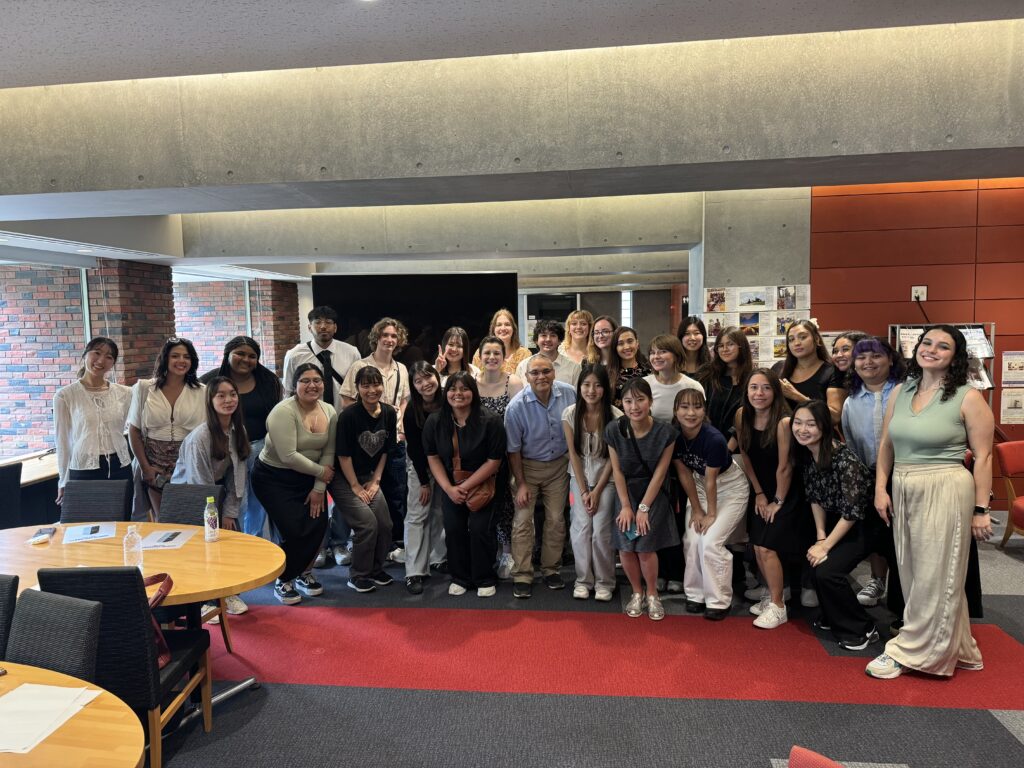
I was lucky to share this experience with my twin sister, Lisette Calderon. We balance and motivate each other. With the many challenges we’ve faced throughout our lives, it was a comfort knowing I had her there. Through the long nights, the laughs, the tears and missing home, it was like I had a piece of home with me. Collaborating with her on content ideas, mentoring students, and finding unique places to eat that accommodated our lifestyles was the thrill of a lifetime.
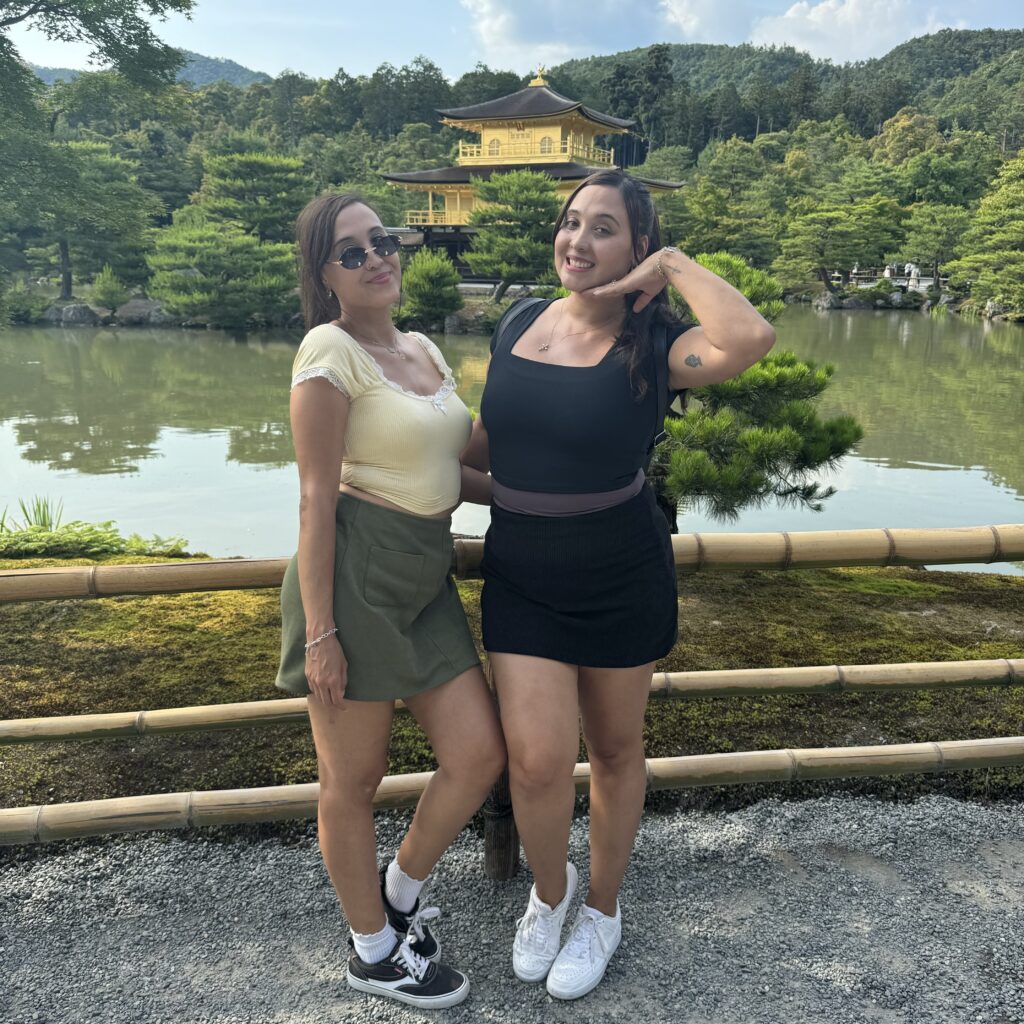
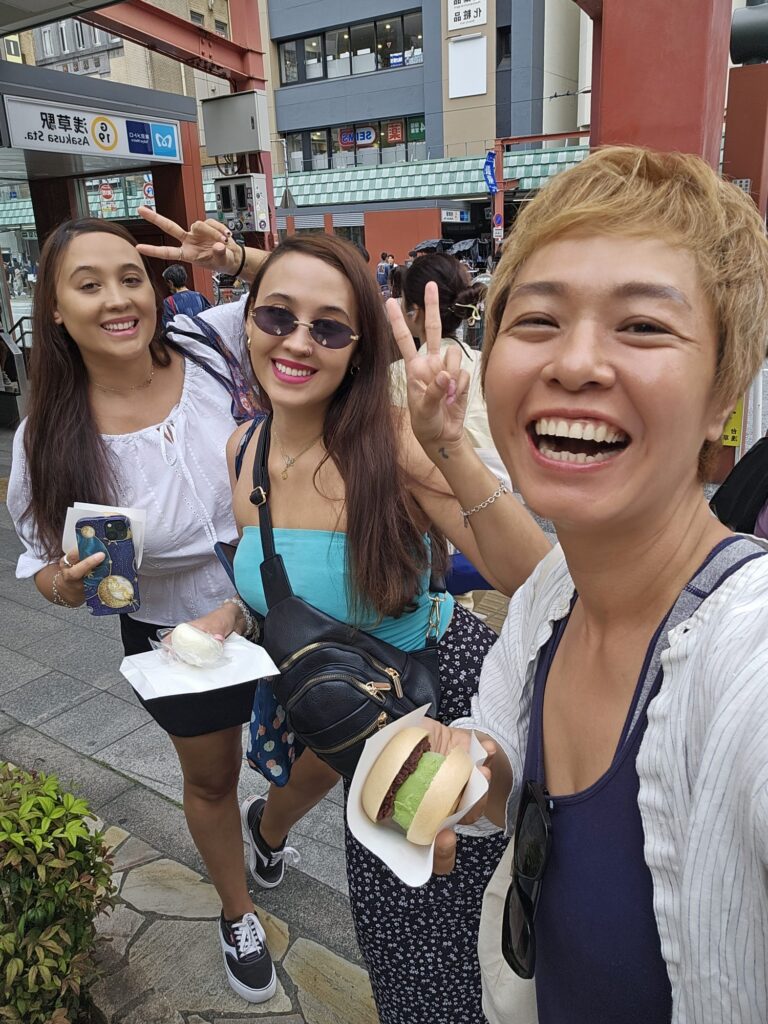
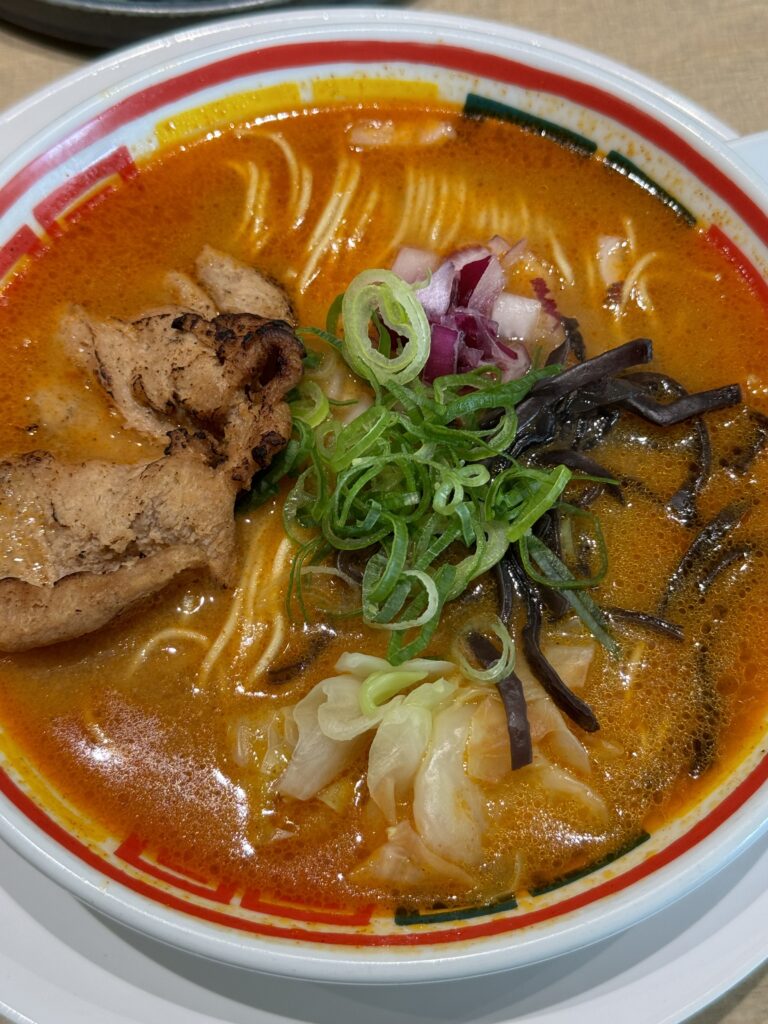
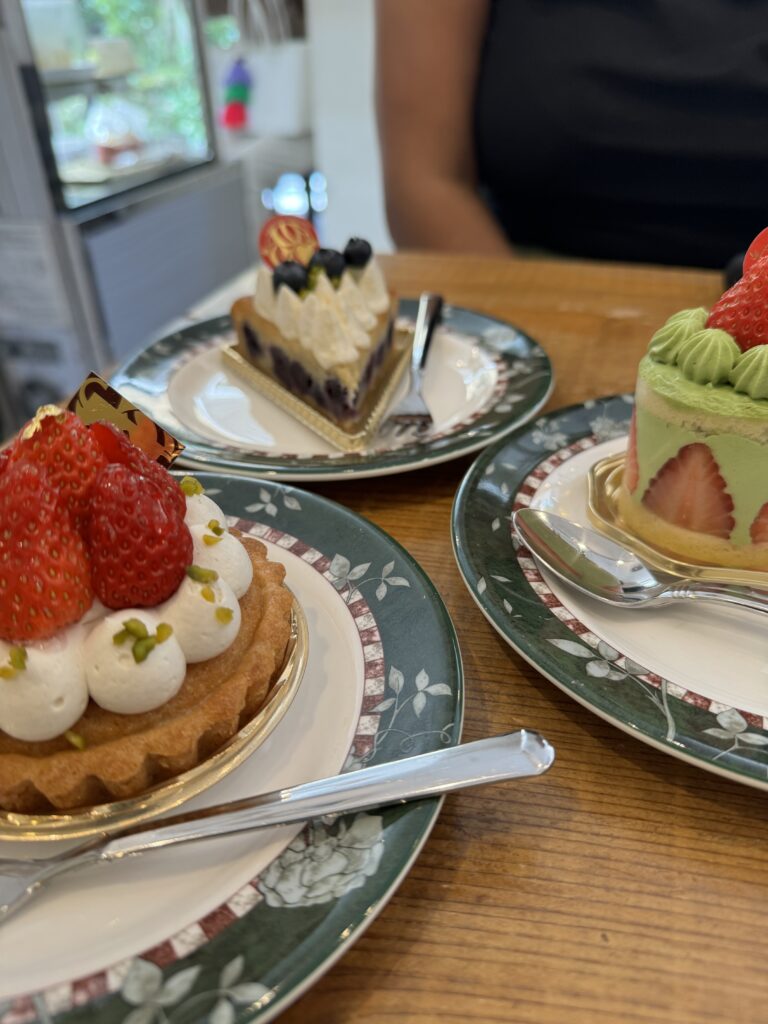
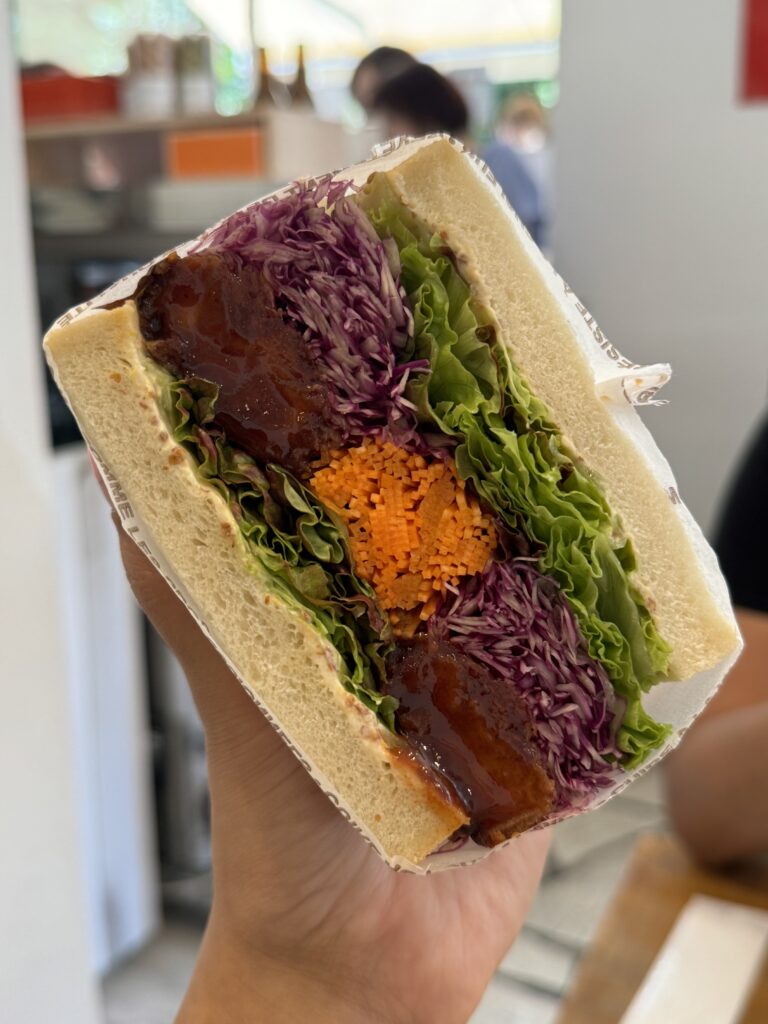
Although this was one of the most incredible experiences of my life, it’s important to discuss all the parts of the story to tell the whole story. There were challenging aspects of the trip that you won’t see in curated social feeds. From swollen feet from the 11-hour plane ride to carrying our luggage up multiple staircases and bruising our arms to an uncomfortable dinner I had to dismiss myself from, I faced the reality behind the cameras.
Traveling halfway around the world is physically taxing. We commuted everywhere on foot, by train and bus. Despite the nausea from motion sickness and the physical toll it took on me personally, it was the most efficient way to get around.
There were also physical benefits I started to notice. The constant walking made me feel much better and improved my stamina and endurance. Upon my return to the States, I was eager to stay physical and started going to the gym again. We also made a TikTok to highlight the challenges we encountered in a comedic way, showcasing our ability to turn difficult situations into positive experiences.
Although jet lag was a nightmare, it actually helped me regulate my sleep schedule. I’ve always had trouble sleeping and typically stay up until about 1 or 2 in the morning. I’m now going to bed at 9 p.m. and waking up at 6 a.m., something I’ve never been able to do unless I absolutely had to. In this way, the physical challenges turned out to be positive. I’m also happy to say the foot swelling disappeared, and I’m no longer waking up in pain.
Another challenge for me was eating. I’m vegan, which means I do not use nor consume products that are made from or include animal products. I have complete control of the products I buy in Austin and even when I travel in the U.S., so it’s never been an issue. Traveling to another country with a group, I quickly realized a lot would be out of my control. Although most restaurants were accommodating, and I found options that fit my lifestyle everywhere, there was one instance where it became too much for me. For our farewell dinner, we went to Chifaja Sanjo Kawaramachi, a yakiniku – or grilled meat – restaurant where heaping bowls of raw meat sat at the table, and the smell of cooked meat lingered heavily in the air. Each table featured built-in grills, allowing students to cook their choice of meats, creating a unique and personalized dining experience.
I thought I was OK, but I wasn’t.
My energy was different; I wasn’t talking to anyone. I sat to myself and worked on a project. I didn’t realize how much the environment actually affected me until I excused myself and burst into tears on the elevator on the way out. I didn’t expect that reaction, and I couldn’t shake the feeling for the remainder of the evening. Upon processing my emotions, I realized I was upset because participating in the event went against everything I believed in. Being at the event deeply disturbed my spirit and led to a profound realization. I should have spoken up. I should have said I was uncomfortable, but my effort to avoid pushing my idealistic beliefs on people and “be a trooper” affected me so negatively that I had an emotional outburst that was preventable.
This experience taught me that I don’t have to subject myself to situations that don’t align with my beliefs just to avoid uncomfortable conversations. Despite the discomfort, I am also grateful for this experience. It helped me understand my limits, which had never been tested in this capacity and taught me how to speak up for myself. Additionally, having a professor like Dr. Gilbert D. Martinez, who cared enough to check in on me when he sensed something was wrong, made a significant difference. His support made it easier for me to speak up and open up about my discomfort, which helped me navigate and move on from the situation.
Some of my absolute favorite moments were exploring Shinjuku Gyoen National Garden, marveling at the beauty of Hase-dera and wandering through Enoshima Island’s hidden paths. These walkways, away from the crowds, were surrounded by tree-covered mountains and breathtaking ocean views. Venturing out to these less crowded places woke something in me. As iconic as the shrines and temples are, they were extremely overcrowded, and finding peace in those environments was difficult. I prefer tranquil environments, and having my twin by my side, I felt a sense of peace and accomplishment. The ability to reflect in these picturesque environments was a dream. I was able to just breathe in the fresh air and appreciate how far I’d come in life and how far I have yet to go.
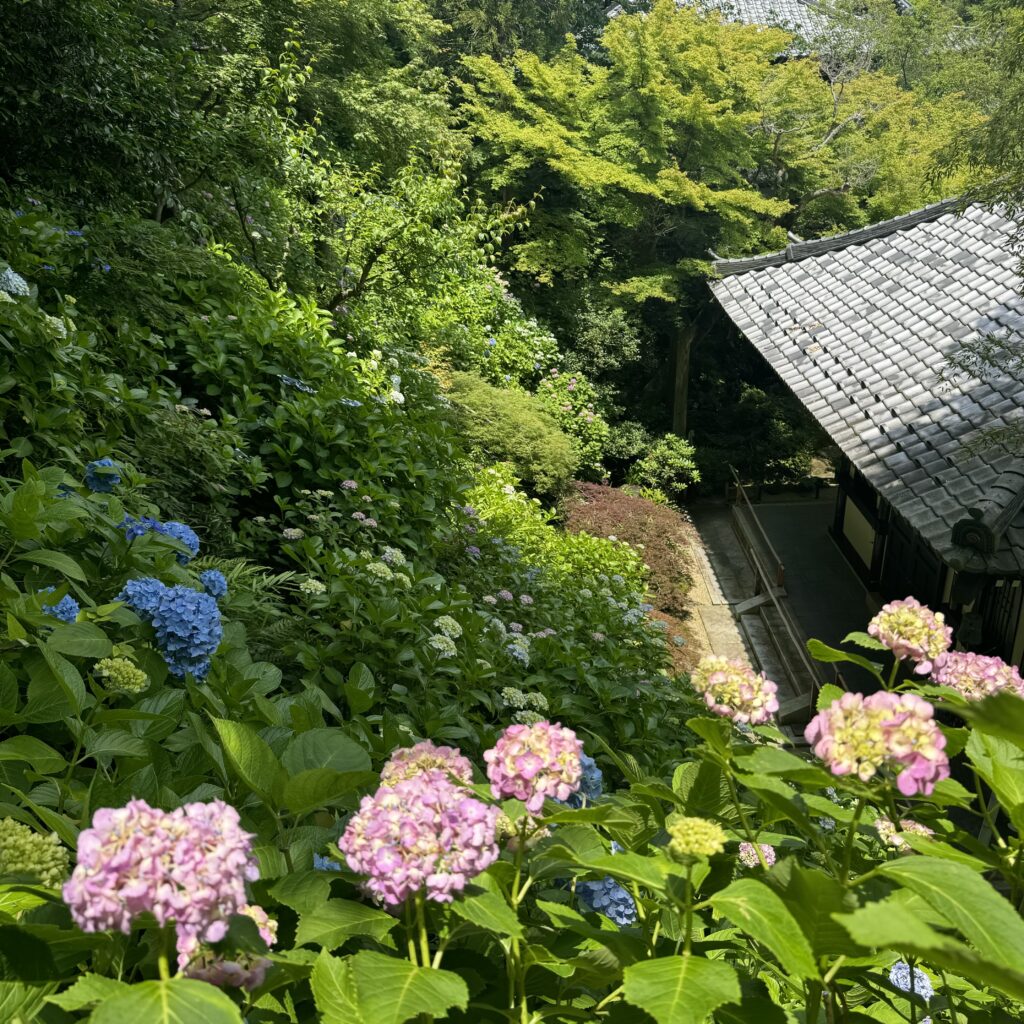
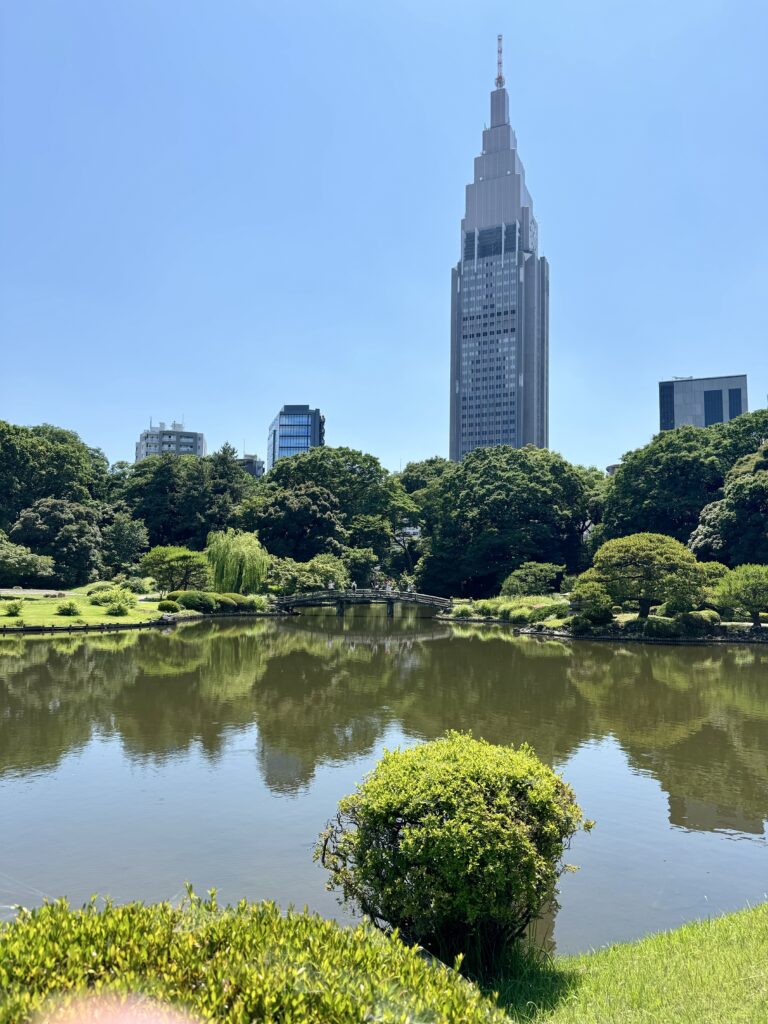
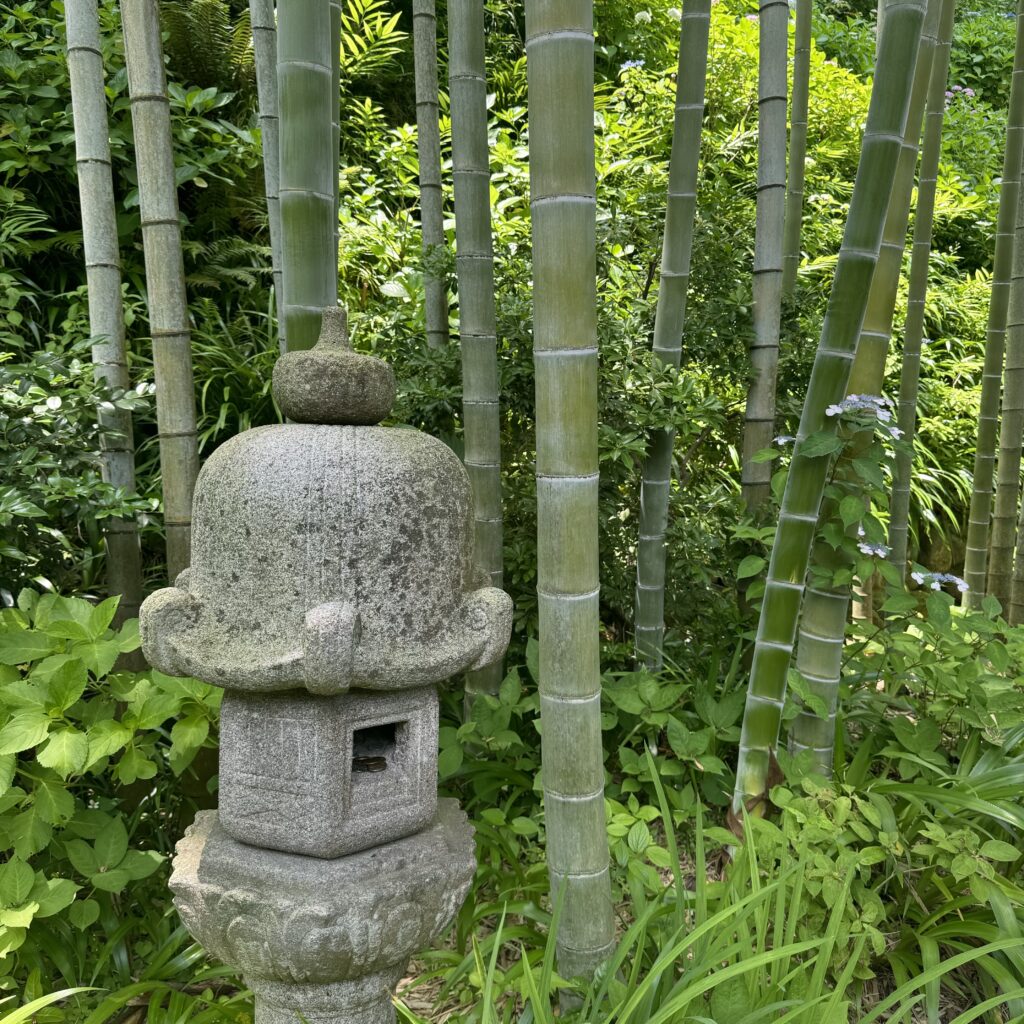
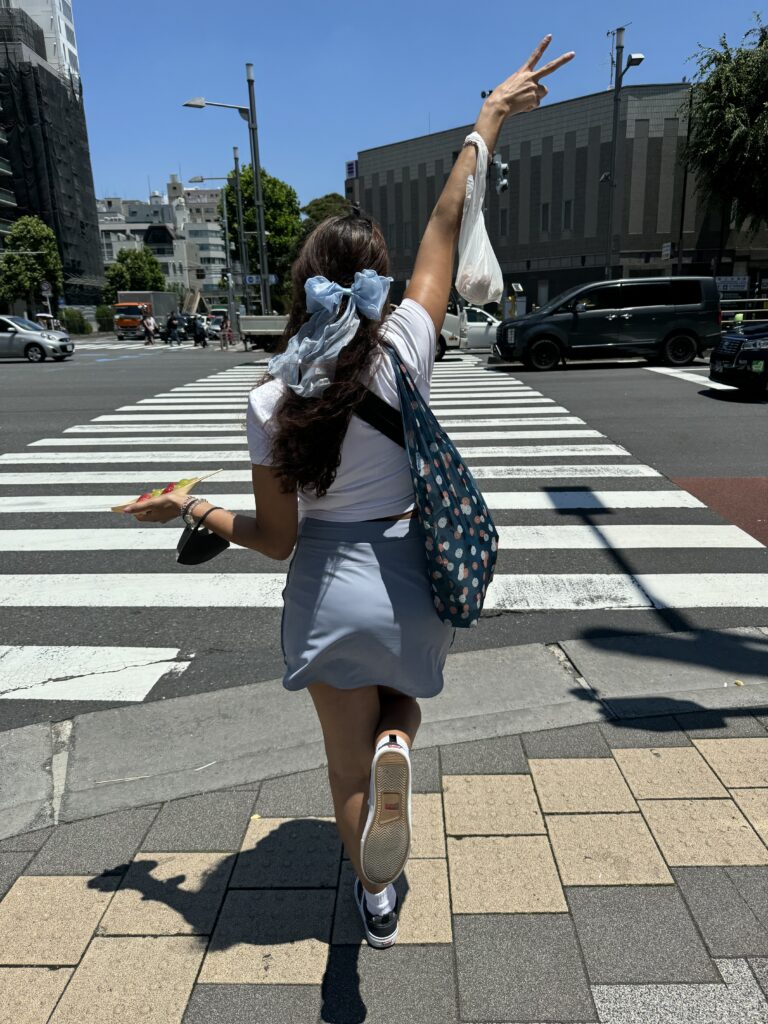
The tea ceremony was also an incredibly humbling experience. I’ve taken for granted the artistry behind the craft. I’ve always loved matcha but never considered its history or what goes into processing it. Having an authentic cup of matcha and a delicious ginger treat created by a tea master was an unforgettable experience, and one I hope to enjoy again. Visiting famous destinations such as Meiji Shrine, Daibutsu or the Great Buddha in Kamakura, Arashiyama Bamboo Grove and Kinkaku-ji were also extraordinary experiences. Although they were crowded, there was an ethereal aura about them that I found enlightening and calming.
It’s impossible to fully describe this experience and its profound impact on me. As Bourdain said, traveling indeed does change you. I understand that now, and I’m better for it.
As challenging as it was, the beauty, the laughs, the tears, the experiences, I’d do it all over again if I could. I found magic in Japan. I don’t know if I’ll ever have an experience like this again; the sights, the aromas, the sounds- it all feels like a dream now.
I’ll never forget this experience, and will forever cherish the memories, the good, the challenging and everything in between.
